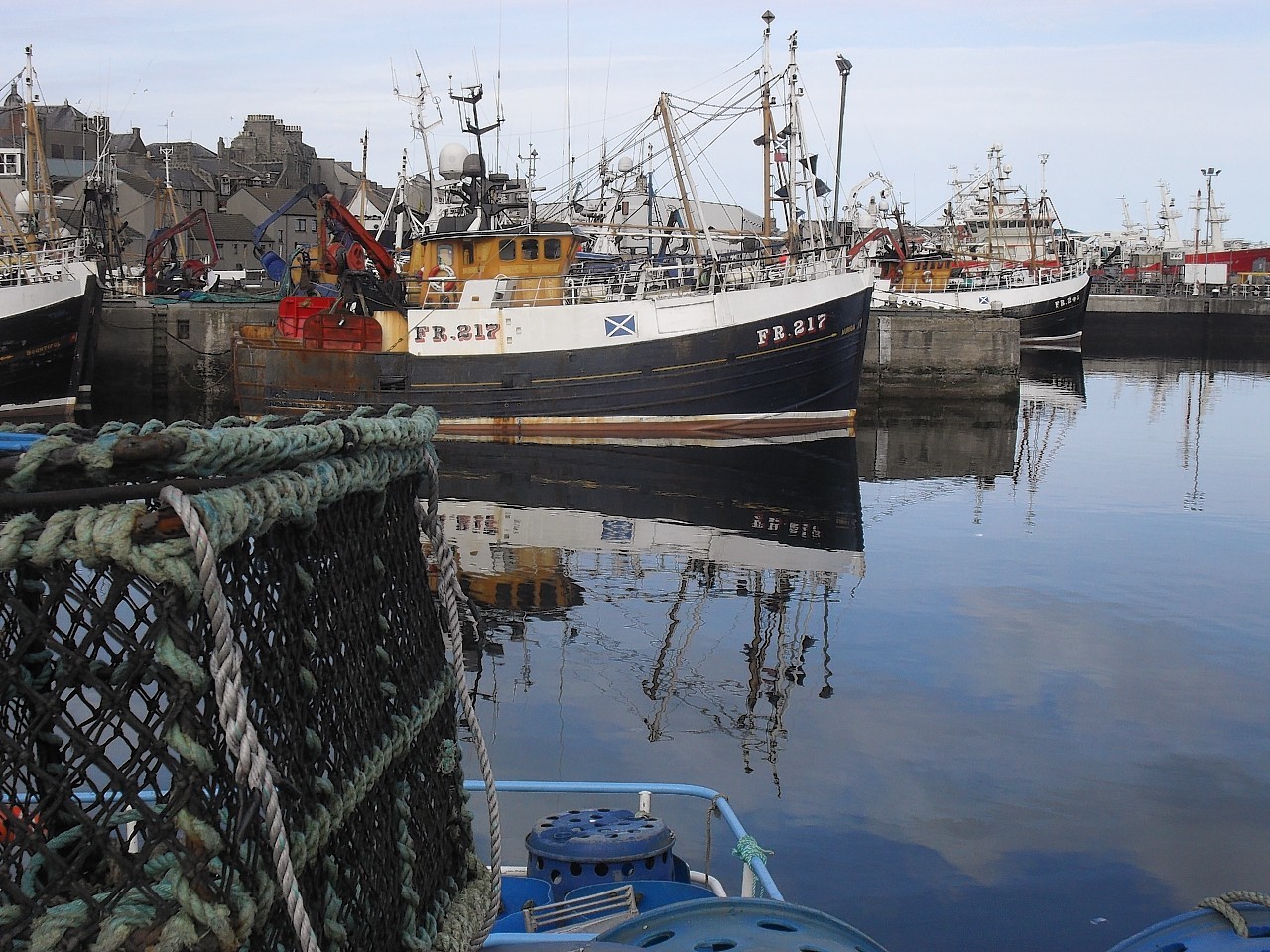Scotland’s fishing industry is growing in confidence again after years of savage cuts to quotas and days at sea.
That was the message from some of the leading figures attending Scottish Skipper International (SSI) – the UK’s biggest annual fishing showcase – at Aberdeen Exhibition and Conference Centre yesterday.
But there were also warning of turbulence ahead as the white-fish fleet prepares for the looming ban on discards and the new UK Government makes plans for an in-out referendum on EU membership.
The cost of complying with the discard ban, or landing obligation as it is known in the industry, is a major concern.
Unmarketable fish landed under the new rules – instead of being thrown overboard – will have to be disposed of and fishers are still not clear who is going to pay for this.
Fisheries Secretary sought to put their minds at ease yesterday, pledging to use as much European fisheries fund cash as possible to help them adapt.over the next few years
Mr Lochhead said: “We are very much recognise there needs to be infrastructure in place.
“Our share of European funding is not as high as we asked for but we do have access to this fund and will certainly be using it.”
Costs can be kept down by avoiding catching fish for which there is no quota, he said, adding that “breathing space” is also crucial to allow fishers to adapt after the phased ban – already in force for the pelagic sector – starts hitting the white-fish fleet from the start of next year.
There should not be a “huge quantity” of non-quota fish if the industry is given time and support to get used to the changes, he said.
Another concern in the catch sector is that fishers will end up bearing the cost of policing the ban, with skippers having to invest in CCTV.
Mr Lochhead said there were currently no plans to make on-board cameras compulsory on all fishing boats.
But they could be “an effective enforcement tool” if there is a level playing-field across Europe, he said, adding that regulatory authorities would soon produce details of how the discard ban is to be enforced.
On the EU referendum, Mr Lochhead said: “It is not something we support.
“I want to continue to reform EU fisheries policy and I want Scotland to have a bigger say in Europe.”
Scottish Pelagic Fishermen’s Association chief executive Ian Gatt said David Cameron’s tour of Europe this week to try to renegotiate the treaty was a “golden” chance to secure a better deal for the fishing fleet.
“We don’t get these opportunities very often”, said Mr Gatt, adding that fishing should be “top of the pile” in any discussions with other EU countries.
Scottish Fishermen’s Federation chief executive Bertie Armstrong said an increase in exhibition stands and visitor numbers at SSI 2015, which continues today, was “indicative of a lot of hard work by event organiser Mara Media and an upturn in confidence in the industry, despite its challenges.
Mara managing director Hugh Bonner said people were “queuing out the door” to get in after a huge increase in visitors numbers from last year, with a record 122 exhibitors also taking part.
